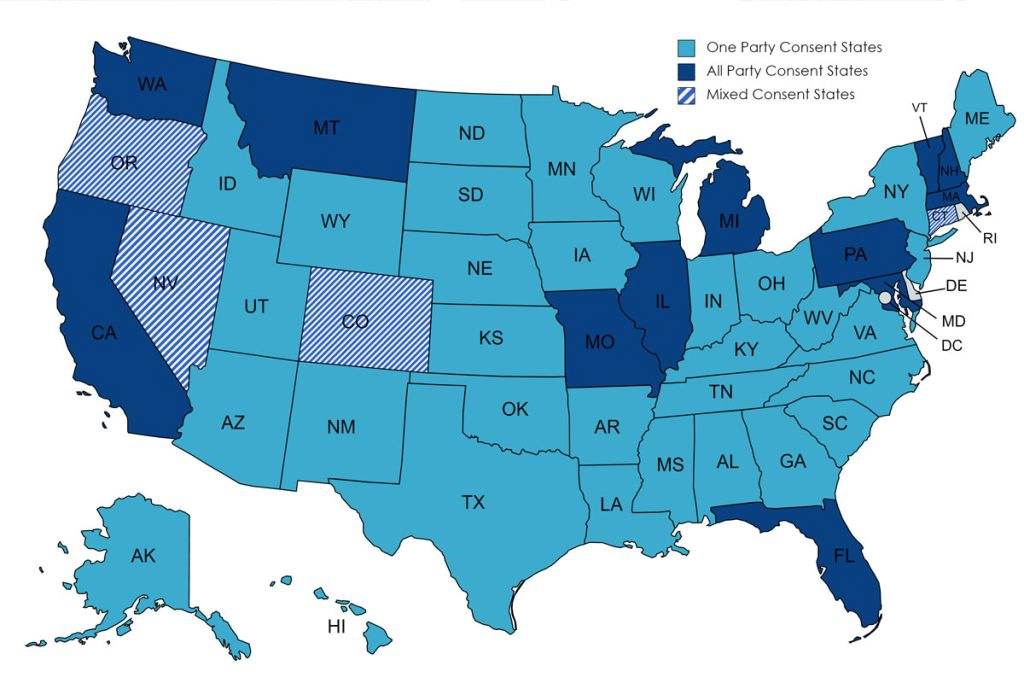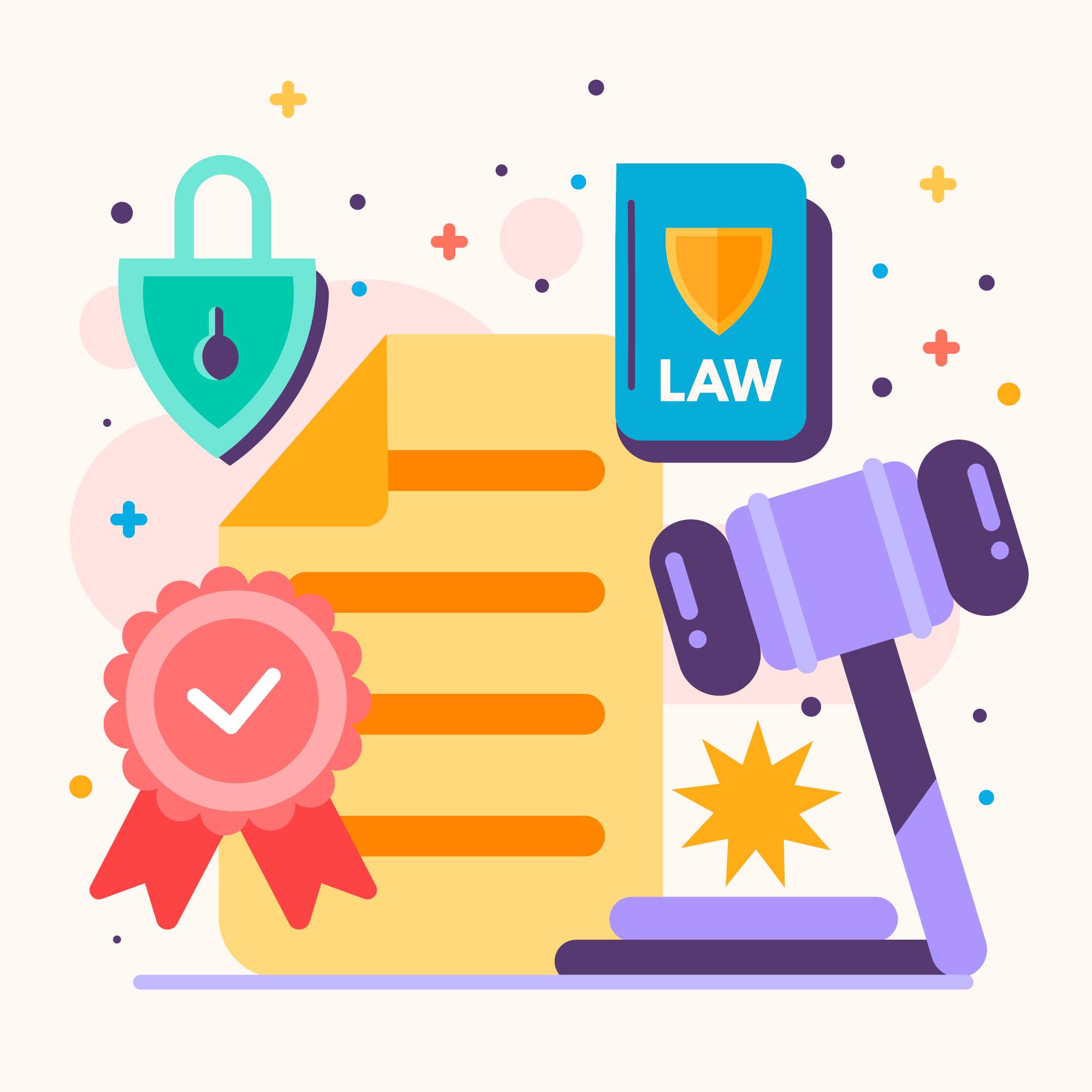Share:
Why is it important to record a meeting?
Before starting to record a conversation or an online meeting, there are a few things to consider about the outcome of it. The most important meeting recording advantages are these:
- Resources for training and quality objectives. By having a recording of the conversation it is easier to have information for training if it is done for learning purposes. It is popular between schools and universities because it makes for students to check what has happened during lectures and if they have missed it.
- Less reliance on taking notes to capture precise information. Meeting participants can actively be involved in the meeting without fear of something being missed while they are taking notes. Information is captured in real time and is kept for a decent amount of time.
- Gather meeting transcription. Meeting transcription can be generated while the meeting is being recorded or even without it. Transcription allows its receivers to check what was said and not miss any details.
- Gather information to enhance marketing efforts and design new products. It becomes a necessity while having a conversation with a potential client. Record the call if you are in the need of getting to know what information is a must-have for making changes in your area of interest (for example, making marketing decisions).
- Ensure high-quality customer service and settle issues between agents and clients. Record the conversation between customers and agents. It will help to gather high-quality customer service because with a recording non of the details about a potential customer will be missed. Just do not forget about getting consent from all parties if it is needed.
When to record and when not to record?
If you have decided to record a meeting, it needs to know what advantages it can bring and when it is better not to choose to record a meeting at all.
Advantages of meeting recording
- Forget about the notes. People can feel truly heard and listened to when a meeting is recorded.
- Capture decisions. It offers a historical record that can be utilized to confirm decisions made at subsequent meetings and to serve as a reminder of earlier occasions and deeds.
- Information captured for everyone. It may be able to notify those who were not invited or were unable to attend the meeting of crucial information.
- It keeps everyone on the course. The group is more likely to follow the agenda or get back on track if everything is documented. If the recorder stops taking notes or starts writing about topics unrelated to the day’s agenda, for instance, it will be clear that things have gotten off track.
When not to record?
- Ethical reasons. If the meeting is about some sensitive problems of work that to some employees it might cause some sort of problems, it is better choose not to record the meeting because of ethical reasons. If their supervisors desire to record conversations about certain problems or performance concerns, workers could feel uneasy. The ethical implications of recording those virtual meetings may need to be discussed by managers. Additionally, organizations may decide not to record HR complaints since some employees might be reluctant to raise problems if the HR team records the virtual conference.
- Legal reasons. When it comes to recording virtual meetings and what it means to have the approval of one or more parties, organizations may experience undesirable effects. It is crucial for organizations to know what laws of consent are in their country or state. Consent to the recording is a must if you want to be sure that non of the parties have a disagreement about being recorded.
Consent for recording meetings
It is crucial to know that consent to record the conversation or a meeting laws can variate in different countries or states. Laws can be different by the type of consent.
One-Party Consent
One active participant in the conversation must at the very least be made aware of the recording. One-party consent permits a person to record conversations in which they participate without the other person’s knowledge or permission. Of course, there are a few minor variances between them, so you should still be sure to look at the specific legislation for each country or state.
Two-Party Consent
It is necessary to inform both callers that the conversation is being recorded. Two-party consent requires both parties to give their prior consent before recording a call and must be notified that the call is being recorded. The consent may, however, be provided voluntarily or inadvertently.
- Active consent. A user’s explicit approval (typically of a website’s usage of cookies) is known as “active consent,” which is demonstrated by active behaviors such as checking a box or clicking a button. Users must be fully informed about what they are agreeing to give their active consent, including the uses and categories of cookies that your website uses. In terms of conversation recording, in order to obtain active consent, it is customary to signal the meeting attendees visually or audibly that the conversation will be recorded.
- Passive consent. The term passive consent describes a situation in which a meeting participant is informed that the event is being recorded audibly or visually while they are present but chooses not to object. Participants have passively granted you their consent if they are willing to continue the meeting even after learning that it is being recorded.
All-Party Consent
It is necessary to inform everyone participating in the call that the call is being recorded.
Recording laws in the United States
Recording laws in the United States differ in federal and states laws. The legality of recording phone calls and conversations is governed by both federal and state legislation. In circumstances involving recording devices or parties in many states, determining which jurisdiction’s legislation applies can be complicated; therefore, it is probably advisable to follow the strictest applicable statute when in question and/or obtain the express approval of all parties before recording.
Federal law
As long as you are a party to the conversation, you may record a phone call or conversation under federal law’s one-party permission requirement. You can only record a phone call or chat if at least one person gives their agreement and is fully aware that the communication will be recorded if you are not a party to it. The law forbids recording conversations with the intention of committing a crime or tort.
State law
Most states have enacted laws that are similar to the federal statute, meaning that they generally require one-party consent. Recording Law map shows states there consent differs from one party to all party.

Recording laws in the European Union
The General Data Protection Regulations of the European Union must be adhered to by businesses and organizations doing business in member nations of the union. The GDPR was formed on May 25, 2018, to regulate how data (including calls) belonging to EU people is processed by businesses that have access to those data, whether or not those businesses are based in the EU.
Before making a phone recording or any other audio recording, it is required by the GDPR to obtain explicit consent. The recordings must also comply with the GDPR’s rules in order to be legal, according to the law. Before beginning to record phone calls, a corporation must make sure the following conditions are satisfied, in accordance with Article 6 of the GDPR:
- The recording is required for the party to fulfill a contract with which they are affiliated.
- The recording is completed to satisfy legal requirements.
- To safeguard the interests of one or more parties, the recording is required.
- The recording was made with the consent of the public or in the course of official business.
- As long as the interests of the other callers or participants in the conversation do not prevail, the recording is in the recorder’s legitimate interests.
Recording laws in Canada
Improve recording security with isLucid
isLucid is a meeting information management platform that helps to capture important meeting details and contain it all in one place. It utilizes advanced and precise voice recognition to transcribe your online meetings in real-time and make them more efficient. Instead of spending time writing down notes, creating wrap-up emails, and clarifying tasks, focus on what matters most – communicating.
Your data security is the highest priority of its services. isLucid use Microsoft infrastructure for all core services. Usage of Microsoft Azure cloud brings you the advantage of multi-layered security provided by Microsoft across physical data centers, infrastructure, and operations in Azure. State-of-art security delivered in Azure data centers globally.
isLucid do not record your audio calls and you may stop the transcription as you please. Only the meeting participants can access the data or the people it has been shared with. After the isLucid bot’s registration, the audio stream is sent to the transcription service. Transcription service is enabled only when a user enables the service within the call (clicks Start transcription). After data processing, we are not storing any information associated with our clients and/or identified as private.
If you are interested in trying out isLucid meeting information management assistant, get isLucid for MS Teams and try it out for free : isLucid Download Page
Or book a demo to get a walkthrough : Book a demo

